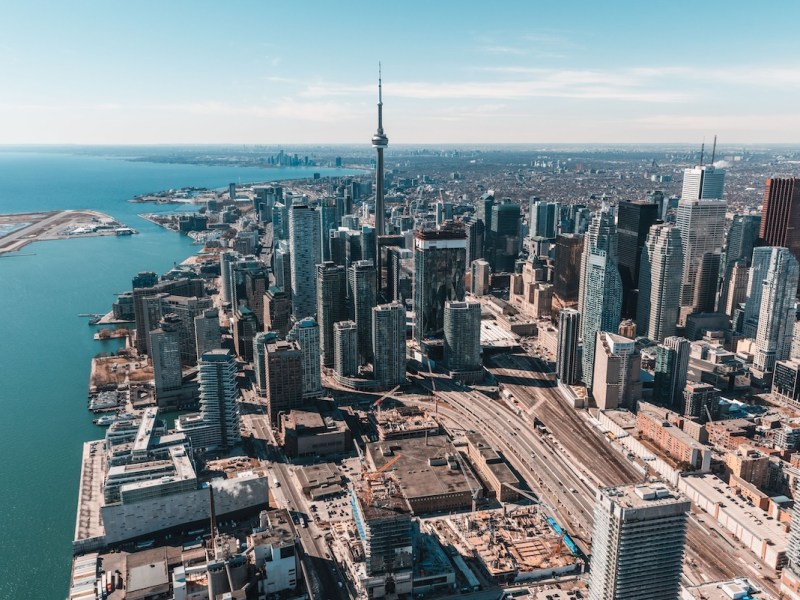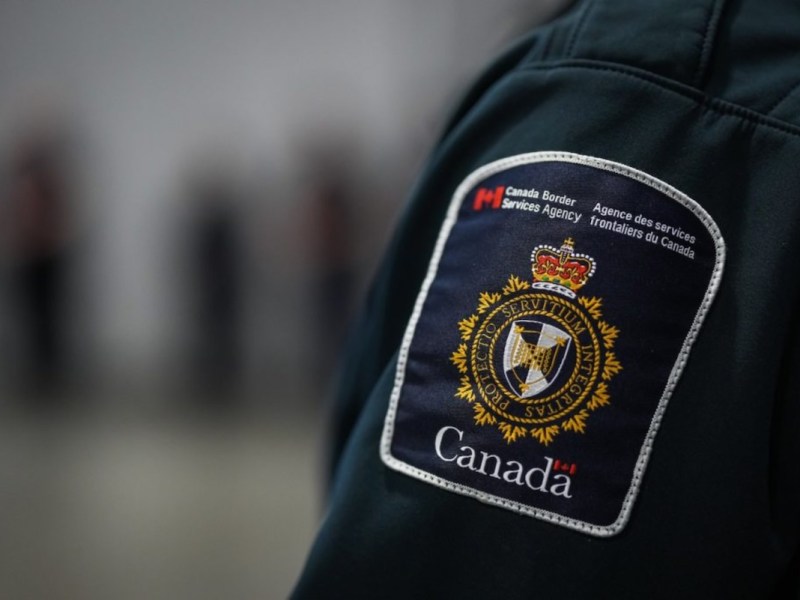World
Visitors And International Students Must Have These Documents At Airport

Last Updated On 14 June 2024, 10:12 AM EDT (Toronto Time)
Temporary residents, especially international students and visitors coming to Canada, are reportedly being extensively questioned on their arrival at airports these days.
There have been incidents reported where a CBSA officer finds a person ineligible to enter Canada after landing at Canadian airports, even if they have a valid visa.
It is also being reported that in such a scenario, some are being provided with the option of applying for refuge or being asked to go back to their home country.
Always remember that having a visa stamped on the passport of a foreign national is not a guarantee to enter Canada.
A visa allows you to travel to the Canadian port of entry, but the final decision to grant entry is up to the discretion of a border services officer.
An individual needs to answer few questions and provide valid proofs to show that they meet the requirements to enter Canada.
In this article, we list the documents and requirements that visitors and international students must show at the airport.
Requirements for Visitor Visa Holders
Visitor visa holders coming to Canada to meet their family members or friends need to satisfy certain fundamental prerequisites listed below:
- have a valid travel document, such as a passport.
- be in excellent health.
- possess no convictions related to immigration or criminal activity.
- prove to a border officer that they have connections to their country of origin, such as a job, residence, financial assets, or family.
- answer questions to convince the border officer that they plan to leave Canada at the end of your visit.
- ensure that they have sufficient funds to cover their stay. The amount of money required varies depending on the duration of the visit and whether you’ll stay with friends, family, or a hotel.
You should carry the letter from the individual or company that extended an invitation to visit Canada. A border services officer may request to inspect it.
In Case of Minor Child
Furthermore, visitors may have to show additional documents if they are travelling with a minor child under the age of 18.
Visitors need to show a letter of authorization if the child is travelling with only one parent, which should include the address and contact number of the parent not travelling along with a photocopy of that parent’s signed passport or national identity card.
If a minor child is travelling alone, then they also need a letter of authorization from both the parents or their legal guardian, including the above details and the name, address, and contact number of the adult in Canada who will look after the child.
If parents are divorced or separated, then they need to carry legal custody documents. If a non-custodian parent is taking the child, then they need a letter of authorization from the parent with legal custody.
Questions asked by the CBSA officer vary from person-to-person so do not undermine questioning at the airport just because one of your friends said “nothing much” was asked when they entered Canada.
To enter Canada, you must fulfill the following requirements and be able to prove them:
- possessing a valid travel document, such as a passport
- have the port of entry letter of introduction that the visa office sent you when they approved your study permit.
- possess a copy of a legitimate letter of acceptance from your institution
- have letters of reference or any other documents that the visa office has instructed you to bring.
- have a valid study visa stamped, or electronic travel authorization (eTA), or a valid visitor visa (temporary resident visa), or a valid green card (or equivalent official proof of U.S. status).
- have an adequate amount of money to cover your stay (the exact amount may differ depending on the length of your stay and whether you will be staying in a hotel or with friends or family).
- be in excellent health.
- possess no convictions related to immigration or criminal activity.
- Answer questions to the officer to prove that you will leave Canada after the completion of your study.
- convincing an immigration officer that you have connections to your native country, including a job, home, financial assets, or family, that will prove that you will leave Canada at the end of your authorized period of study.
- possess a valid immigration medical exam (IME) result (if you are from the IME-required country).
- IME is valid for a period of 12 months from the date of receipt and it must be valid on the day you arrive in Canada.
- Should your IME expire before your travel to Canada, you must undergo an additional medical examination.
You may also like: Here Is How International Students In Canada Can Change Their DLI
How early can an international student arrive in Canada before starting of their study program?
An international student may arrive in Canada at any time prior to the start of their studies, but there is no official deadline.
The immigration department says that students can travel to give themselves “a reasonable amount of time” to prepare before they begin studying.
So you need to have an explanation of the time it will take to find accommodation and settle down prior to starting your studies.









)






